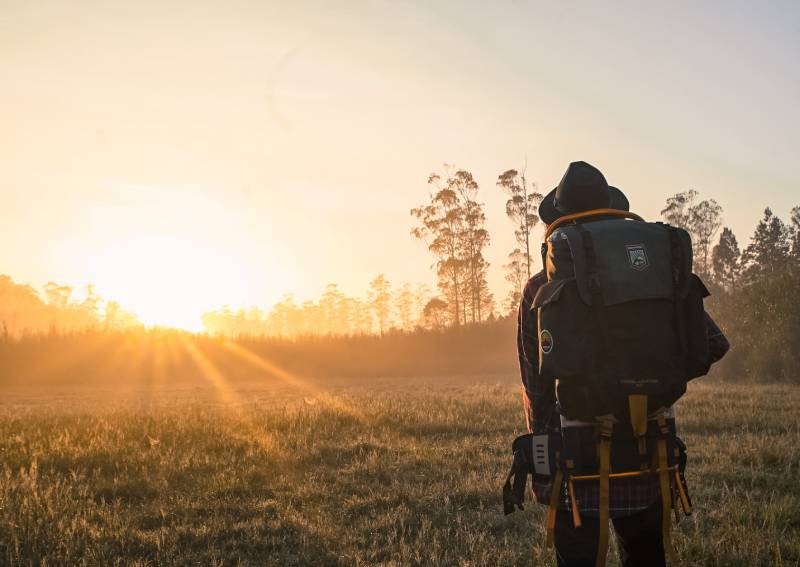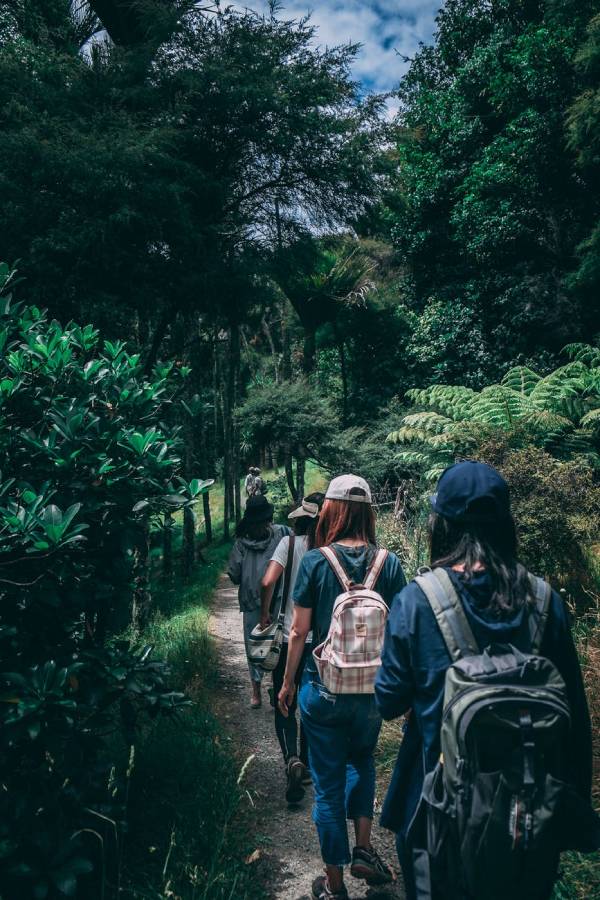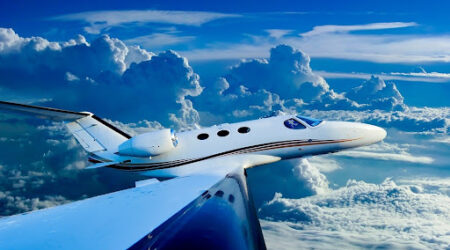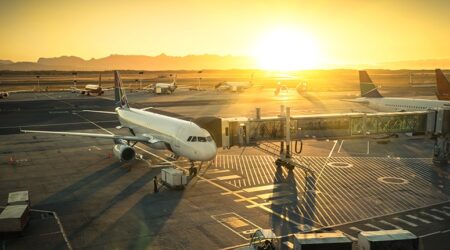2022 trends: Why solo, sustainable and wellness travel will be priorities

Sustainability, climate awareness, solo travel, and health and wellness are set to be some of the biggest travel trends in 2022, according to one of the world’s most renowned hospitality management schools.
The École Hôtelière de Lausanne (EHL) is a Swiss school that opened a campus in Singapore in September and runs a master of science in global hospitality management course in partnership with Hong Kong’s Polytechnic University.
It has looked into its crystal ball to see what next year will bring for a hospitality sector recovering from the pandemic and adjusting to new customer demands. To make its predictions, EHL canvassed its wide network of industry contacts, colleagues and students from various backgrounds.
Sustainability in the hospitality industry will be a major priority, EHL believes, as more guests book through responsible travel operators or with establishments that are concerned with protecting life on the planet.
“As an industry worth over US$570 billion (S$779 billion) worldwide, with over 700,000 hotels and resorts and 16.4 million hotel rooms worldwide, the hospitality industry needs to ensure they are as sustainable as possible, taking the future of our planet into their own hands,” says EHL associate professor of finance Dr Jean-Philippe Weisskopf.
Although no substitute for ending fossil-fuel use, simple switches will be increasingly implemented to bring “environmental advantages,” says Weisskopf, who recommends, “replacing miniature toiletries with larger, locally sourced dispensers; choosing ethically produced bedsheets made from organic materials; employing local people from the surrounding community; reducing energy consumption with smart bulbs; and offering more vegetarian and vegan options in restaurants.”
Such changes will appeal to the increasing number of travellers looking to spend their money wisely and purposefully, EHL believes.
“The traveller of 2022 will be much more refined than the traveller of the past, caring more about sustainability, local communities, people and brands that align with their own personal principles,” Weisskopf says. “Therefore, the ‘experience economy’ [the selling of experiences rather than products] and ‘essentialism’ [the eschewing of all that is not necessary] will become increasing travel and hospitality trends.”
Fellow EHL associate professor of finance Dr Philippe Masset sees big changes in Europe, in particular. Many on the continent — “especially among people with above-average financial means and therefore travelling more frequently” — see the pandemic as a symptom of our excesses, he says, blaming “a disordered and all-too-often environmentally disrespectful globalisation”.
“The pandemic has contributed to accelerating awareness of the need to live in harmony with our planet and the various cultures,” he adds.
“From our research, we have found that there is actually a multitude of different reasons why travellers may choose to stay closer to home, such as for environmental or budgeting reasons,” Masset says.

“Hotels have also increased their offerings to attract local guests by promoting the concept of ‘stay and play’, with memorable experiences that showcase the specific destination and are designed to appeal equally to domestic and foreign visitors,” he adds, offering the Singapore-based Capella Hotel Group as an example.
“We believe that the solo travel phenomenon is particularly interesting because the pandemic could paradoxically reinforce it,” Masset says.
“Personal growth and self-discovery have increased in prominence throughout the Covid-19 pandemic, with individuals making more positive choices to look after themselves.
With this increase in self-care and in the age of mindfulness, solo travel allows one to enjoy spending time alone with meditative value, discovering the world unencumbered, interacting and making friends.
“With the current flexible working arrangements that companies are implementing all over the world, some individuals may also seek to work remotely from a particular country when it suits them rather than waiting to try and coordinate with friends or family.”
Establishments will need to tailor their offerings accordingly by breaking down barriers between hotel staff and guests, and making interior design choices that create an air of homeliness and informality that appeals to the lone traveller.
After almost two years of Covid-19 restrictions, holistic hospitality that focuses on health and well-being will be more important than ever for couples, families and groups, as well as solo travellers, believes EHL, which also sees “bleisure” — wherein business travellers add personal vacation days to business trips — and the proliferation of hotel workspaces, digitalised guest experiences, personalisation, and virtual and augmented reality as developing trends for 2022.
And what of the longer term?
“The industry must evolve to remain relevant to the new demands and needs of travellers in a post-pandemic world,” Weisskopf says.
Pent-up demand from individuals who wish to visit bucket-list hotels and dream destinations will last for a long time after borders reopen, Masset says.
“The future of hospitality and travel is promising. Businesses have become more resilient throughout the last two years, making changes to their operations and offerings quickly to generate revenue.
“We’ve learnt a lot throughout the Covid-19 pandemic, and both the travel and hospitality industries will be stronger than ever,” he adds. It’s unclear at this point, however, whether he is still referring to the research or is employing the wishful thinking of a hospitality management school professor.












Leave a Reply